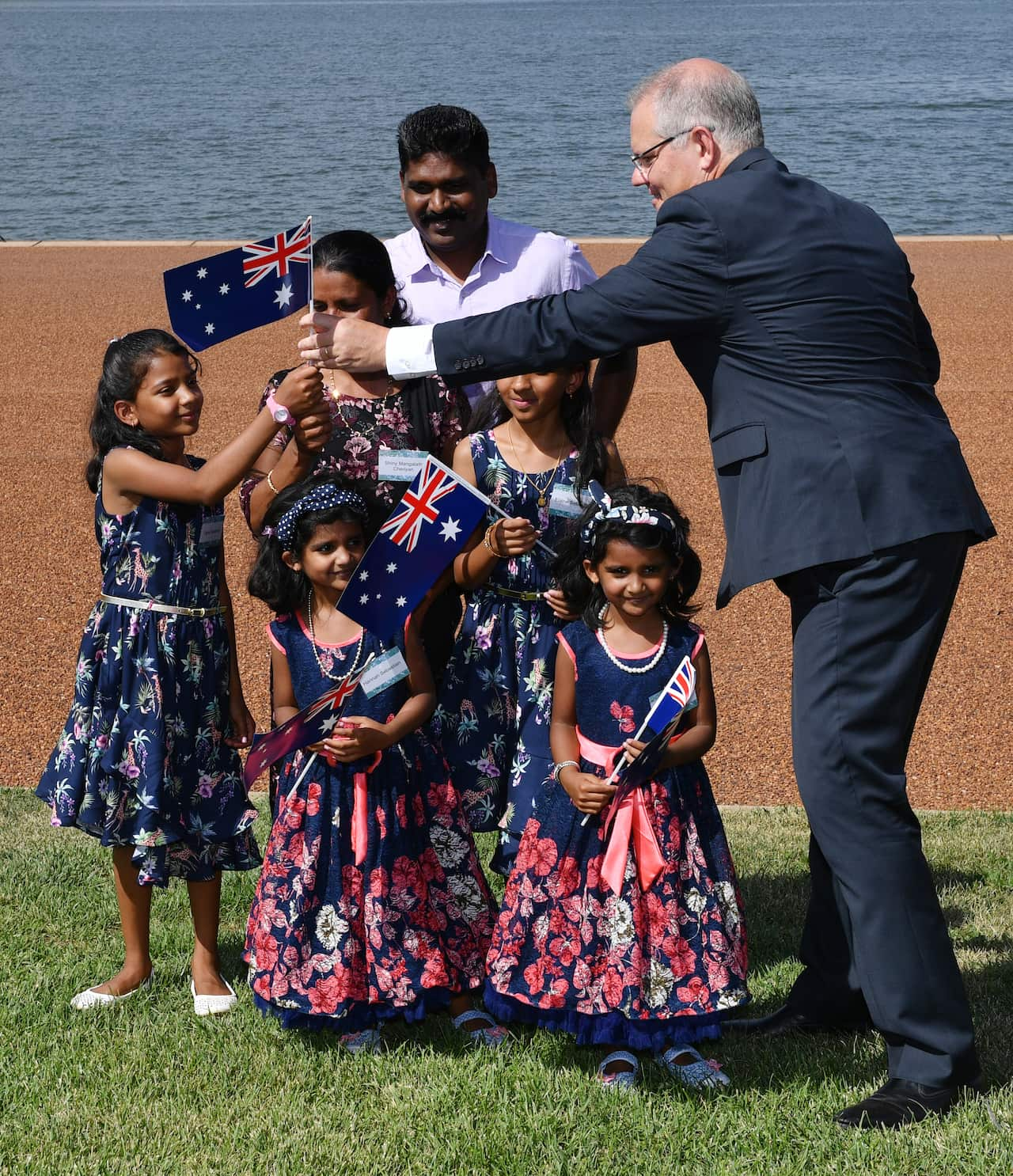Migrants must fully embrace Australian values, including learning English, in the face of new threats to social cohesion, the Department of Home Affairs has declared.
In a lengthy submission to a parliamentary inquiry on nationhood, the department detailed new challenges to social cohesion including foreign interference, fake news and the use of digital platforms to recruit potential terrorists.
“Australia is not exempt from these global trends,” it said.
“Recent global events, such as the 2019 Christchurch terrorist attacks, have heightened the need for Australia and international partners to be proactive in anticipating and responding to emerging challenges.”
Despite the rapid changes caused by globalisation, the submission suggests social cohesion has remained relatively strong - in part due to a carefully managed migration system.
New migrants were encouraged to be "fully integrated members" of society, while practising cultural traditions within the law, free from discrimination.
"The Australian community expects that aspiring citizens demonstrate their allegiance to Australia," the submission says.

Home Affairs, which is responsible for fostering social cohesion, said embracing Australia’s national identity was key to ensuring all migrants and citizens remain united.
Australia's immigration system was about attracting young, skilled migrants that could contribute to the economy, the submission stated.
The submission ranked English language acquisition, participation in the social and economic life of the nation, and understanding democratic institutions as key indicators of integration.
“English language proficiency is a key contributor to better employment and educational outcomes, social participation levels, and helps provide an overall sense of belonging to the Australian community.”
As of June 2016, Australia’s overseas-born population accounted for 28.5 per cent of the population.
Nearly half of the population was born overseas or has at least one parent born overseas.
The submission noted the increasing diversity of migrant population with the top five largest groups of overseas-born residents accounting for 46 per cent of Australia’s total overseas-born population, according to the 2016 census.
By contrast, in 1901, five countries accounted for 92 per cent of overseas-born residents.
It notes there is strong support in Australia for multiculturalism – with the 2018 Scanlan Foundation Report finding 85 per cent of Australia’s agree it has been good for Australia.
The submission noted the government had allocated funding for a $71 million package of initiatives to create a stronger, more cohesive Australia.
Additional reporting by AAP


